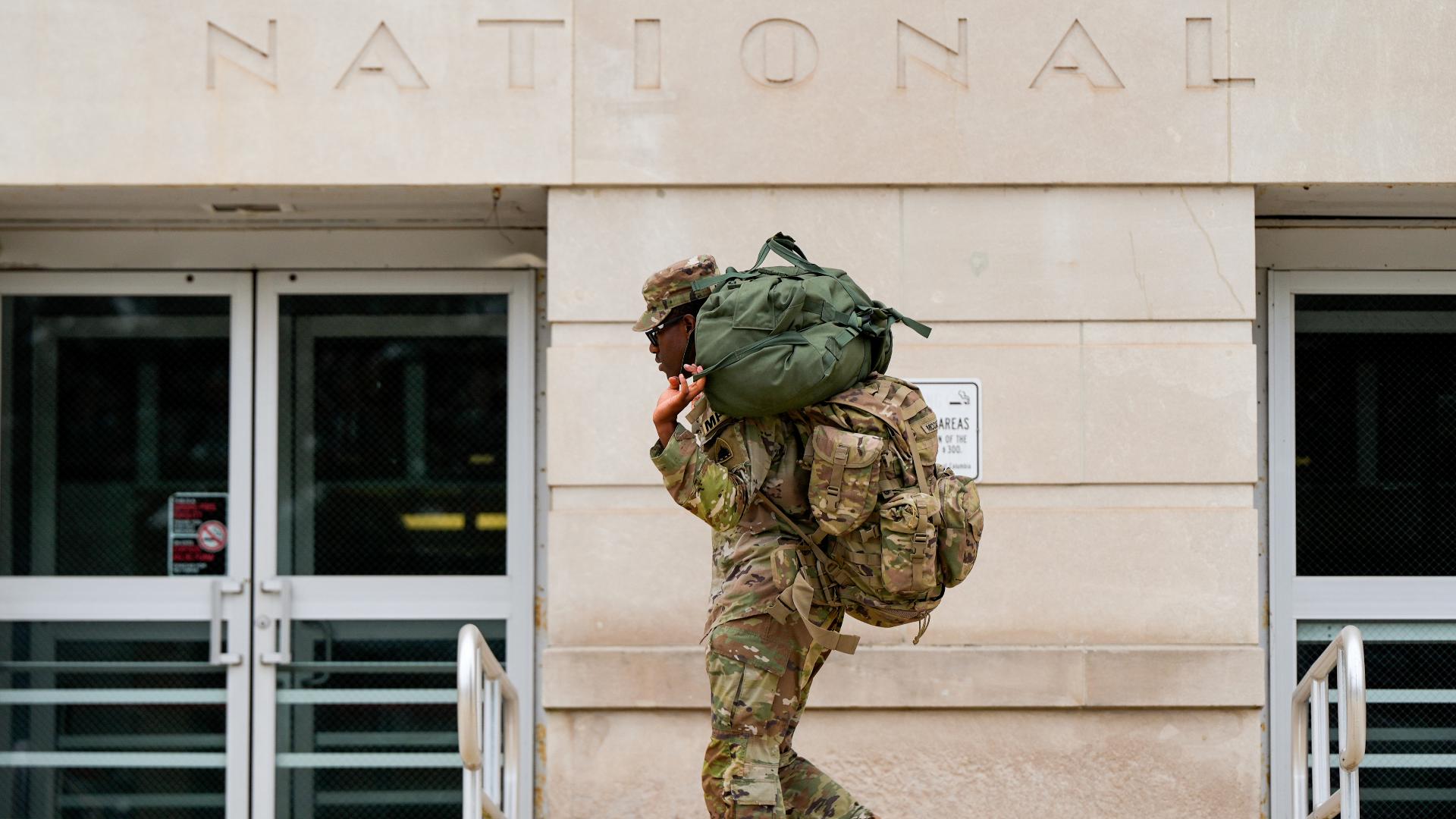PORTLAND, Ore. – President Donald Trump has again threatened to deploy the National Guard to several Democratic-led cities, including Portland, Chicago, New York, Seattle, Baltimore, and San Francisco, citing what he describes as out-of-control crime. But crime data paints a much different picture, showing declines in homicides and other major crimes in recent years.
Crime Trends Show Declines, Not Surges
According to national data, homicides across the U.S. fell in the first six months of 2025 compared to the same period in 2024, extending a downward trend since the pandemic. Cities Trump singled out have largely mirrored that decline.
In Chicago, Portland, Seattle, Baltimore, and San Francisco, aggravated assaults — including nonfatal shootings — dropped through June. In New York, they remained virtually unchanged. Reports of rape increased in New York and Chicago but declined in other cities, with San Francisco reporting a 51% decrease.
Also Read
Property crimes such as theft, burglary, and car theft also decreased in most of the targeted cities during the first half of 2025. Analysts note that while theft rates rose from 2020 to 2024 in several places, the most recent numbers reflect improvement.
“This is not a moment of crisis,” said John Roman, director of the Center on Public Safety & Justice at the University of Chicago. “We’re at a remarkable moment in crime in the United States.”
Public Perceptions Differ
Despite the statistical declines, the public’s perception of crime remains far more pessimistic.
A recent AP-NORC survey found that 81% of Americans view crime in large cities as a “major problem.” Yet only 32% supported the idea of the federal government taking control of local police forces.
Experts say Trump may be tapping into this perception gap by portraying urban centers as “killing fields.” Even as crime falls, high-profile incidents — like the recent school shooting in Minneapolis that left two children dead — reinforce fears.
Baltimore Example Contradicts Trump’s Claim
Trump has used harsh rhetoric to describe Baltimore, once calling it a “hellhole” and suggesting he may “send in the troops.”
Yet Baltimore has recorded major crime reductions. In the first half of 2025, homicides and rapes both dropped by 25% or more compared with the previous year. From 2018 to 2024, homicides fell 35%.
Maryland Gov. Wes Moore rejected Trump’s suggestion of deploying troops, calling it “unsustainable, unconstitutional, and disrespectful.” Instead, Baltimore has focused on mentorship, social services, and job programs to deter violence among at-risk youth.
“That approach has resulted in more significant reductions in shootings and homicides than any other strategy I’ve seen in over 50 years,” said Michael Scott, director of the Center for Problem-Oriented Policing at Arizona State University.
Republican Cities Left Out
Critics note that Trump has not threatened to send troops into Republican-leaning cities, even when their crime rates are worse.
In Charlotte, North Carolina, homicides rose from 88 in 2023 to 105 in 2024. Vehicle thefts more than doubled between 2020 and 2024. Indianapolis recorded a homicide rate of 19 per 100,000 residents in 2024 — more than four times higher than New York City’s.
Despite these numbers, Trump has not suggested deploying the Guard to either city.
Local residents, such as Amy Holt, who recently moved to Charlotte, say they prefer cities to retain control of public safety. Holt noted that she has seen bullets on the ground in her neighborhood and that someone tried to steal her husband’s car. Still, she called the idea of military patrols “alarming” and “scary.”
Cities Push Back
Mayors and officials in the cities Trump targeted argue that the Guard is not only unnecessary but could worsen public fear.
“Crime is at its lowest point in decades, visitors are coming back, and San Francisco is on the rise,” said Mayor Daniel Lurie.
Experts also question the practicality of Trump’s proposal. Deploying troops, they say, risks signaling that conditions are far worse than they are.
“It’s going to make residents think: Things must be much worse than I realize to have the military in my neighborhood,” Scott explained. “It’s more likely to generate undue fear and apprehension than reassurance.”
A Debate Over Safety and Politics
For now, the debate underscores a broader divide: statistical reality versus political rhetoric. While crime in many U.S. cities has declined, public fear remains high — a dynamic Trump appears ready to leverage as he continues targeting Democratic-led urban centers.
Whether the National Guard will ever be deployed in Portland or elsewhere remains unclear. But city officials and public safety experts continue to argue that local strategies — not federal troops — are the key to sustaining long-term crime reductions.












